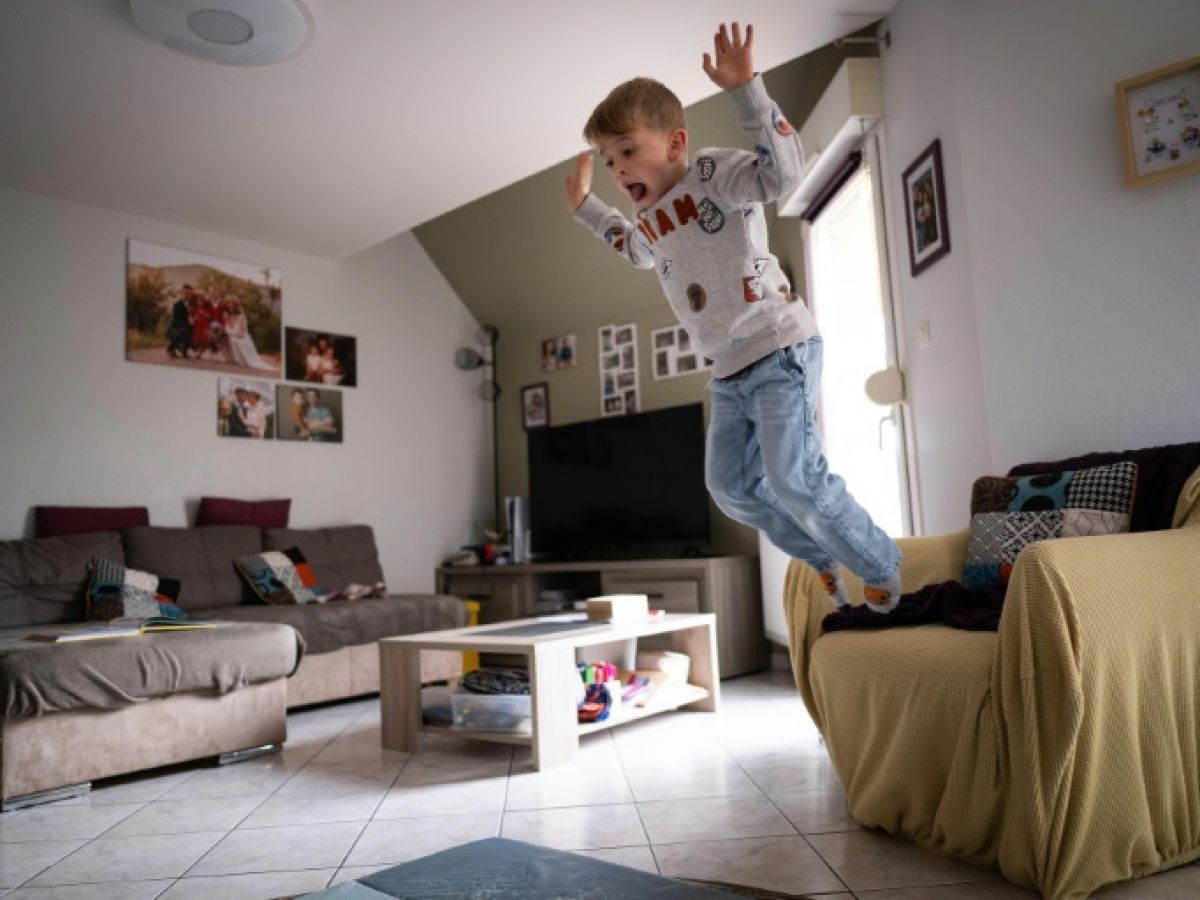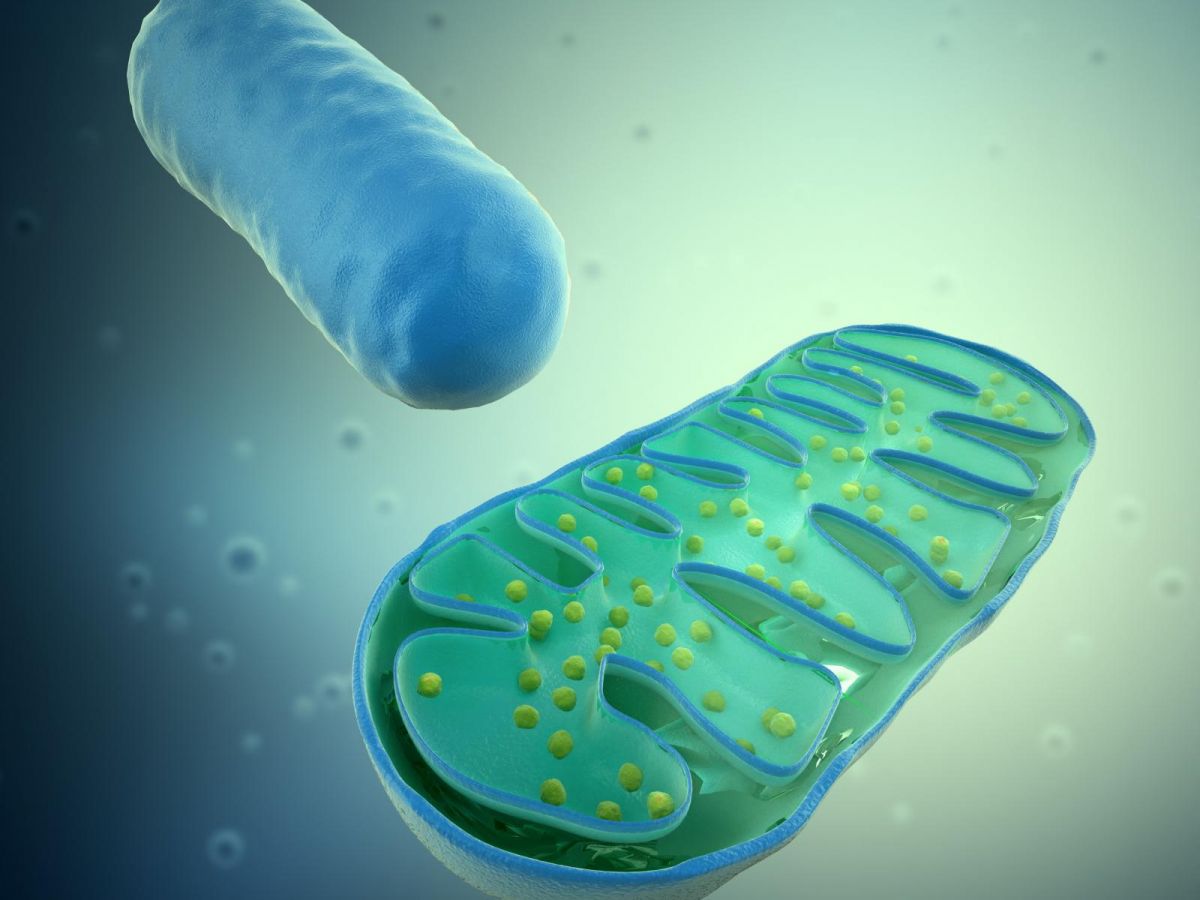“Seeing him do stupid things is a real pleasure.”, says his mother, when Sacha, eight years old, jumps off the couch. This Captain America fan is a "superhero": promised a wheelchair because of myopathy, he tests a gene therapy which has given him back his muscles. "Before, he couldn't hope to do that.", says Helene Wilhelm, 35, with a beaming smile. Along with Sacha, her four-year-old sister Albane and their father Edouard, they are one of the ambassador families for the 38th Telethon (November 29 and 30).
"The emblematic disease of the Telethon is Duchenne muscular dystrophy from which Sacha suffers: it was at the origin of the creation of the AFM, the French Association against muscular dystrophy in 1958", Serge Braun, its scientific director, reminds AFP. "We are at a pivotal moment: we finally have a treatment that could change the course of this disease, which until now was considered incurable."
A genetic disease that "affects one in 3,000 boys in France"
Seeing Sacha running and pedaling with enthusiasm on his bike, one would not imagine him suffering from this serious genetic disease which "affects one in 3,000 boys in France, from the age of two or three", specifies his neuropediatrician, Vincent Laugel.
This one "It gradually destroys muscles: children lose the ability to walk, then to breathe. It also damages the heart.", describes the pediatric manager of the reference center for neuromuscular diseases at the Strasbourg University Hospital. "We try to help their nutrition, their breathing, to limit the orthopedic consequences... but there is no curative treatment."
A bilingual French-German CE2 student, the blond boy, who loves to read and clown around, goes from one physiotherapy session to another and takes, probably for life, corticosteroids that have slowed his growth. But since the end of 2022, Sacha has been defying fate: research funded by the Telethon has given him access to a pioneering drug, like a Lille resident and a Londoner, which has allowed them to rebuild muscle, without significant side effects. Five children in total (two received a lower dose) aged six to 10 have since undergone a host of tests, heart tests, blood tests, strength measurements, etc.
Read alsoREPORT. At the heart of one of the “armed arms” of the Telethon
"They are doing better now. They are really three astronauts."
Selected on the basis of forty criteria to minimize the risks, they received, inserted into "a common virus", a "gene-medicine" which "helps produce dystrophin, a protein that helps build strong muscles, which these sick children lack", explains Vincent Laugel.
"For now, they are doing better. They are really three astronauts: they went exploring in an unknown territory, accepting to take this risk, even if it is calculated. They are superheroes and they know it."
Embarked, the family had to isolate themselves for three months before the injection, to prevent the boy, whose immune defenses were going to drop, from contracting the virus. "I stopped working, Albane stopped going to daycare, Sacha stopped going to school: as I am a teacher, I taught. Their father, who continued to work, wore an FFP2 mask. He did not eat with us. He did not sleep with me."Helene, you can retrace your steps. "But we were so happy that, in fact, we would have endured anything. These were great efforts to make," she said. “We see life differently”, adds her husband.
A marketing in "2027, 2028"
Presented at two medical congresses, this pioneering treatment will be administered in the first quarter of 2025 to around sixty children in France, the United States and the United Kingdom, with the aim of commercialization in "2027, 2028", says Serge Braun. It is currently worth several hundred thousand euros.
But children who have already encountered the virus used as a vector – like 30% in the population – and developed antibodies will not be able to benefit from it.
In the United States, the companies Solid Biosciences and Regenxbio are conducting their own clinical trials of gene therapy for this disease. A third, Sarepta, has been authorized to market its treatment on the American market, for certain children.
Sacha is "the heir to 40 years of research where every day, researchers sat down at their workbenches and filled their test tubes: we are so grateful to be able to enjoy life thanks to those who fought before us", says Helene Wilhelm. "I can walk better, run better, climb stairs... all that," summarizes the little boy, who will soon start karate again.


